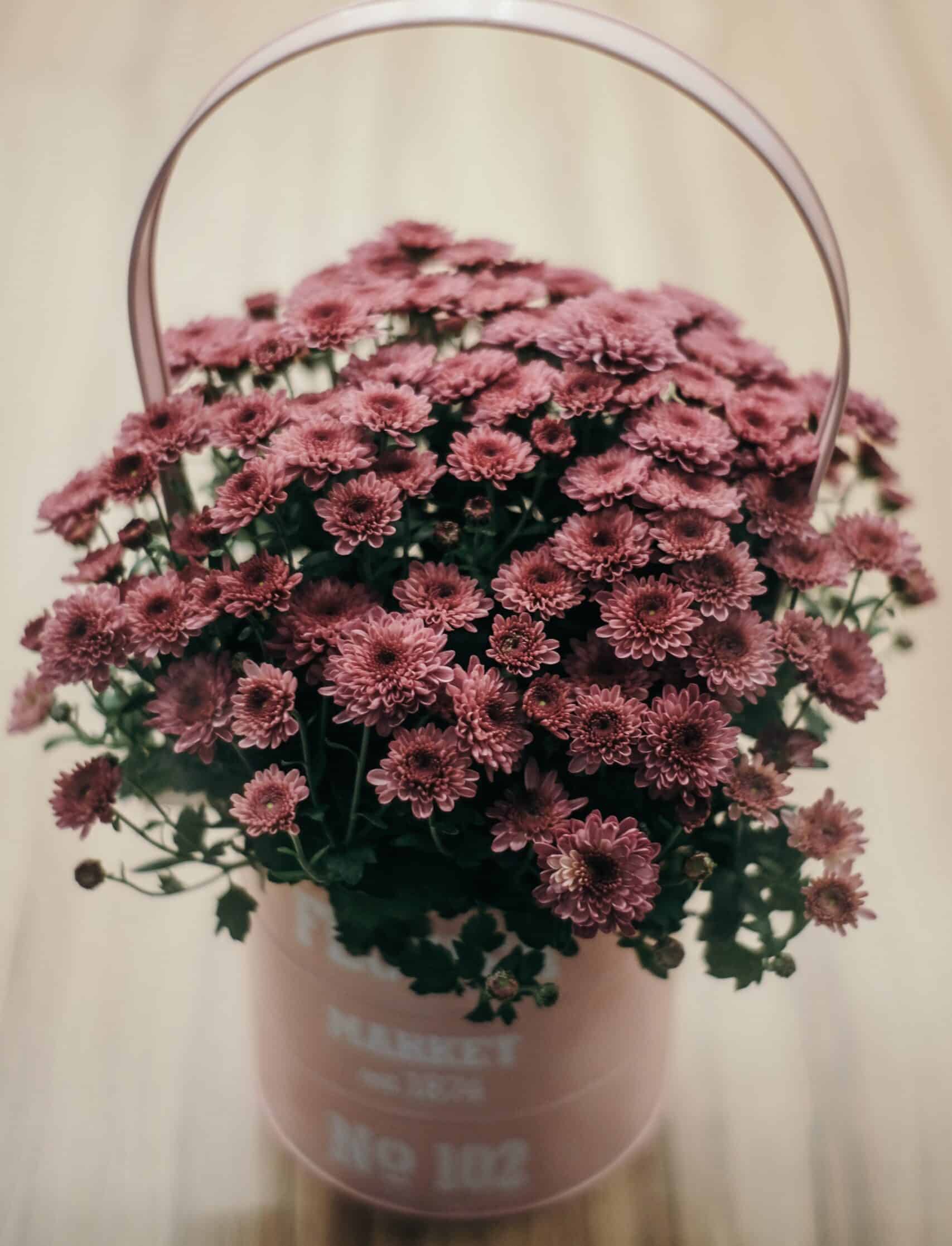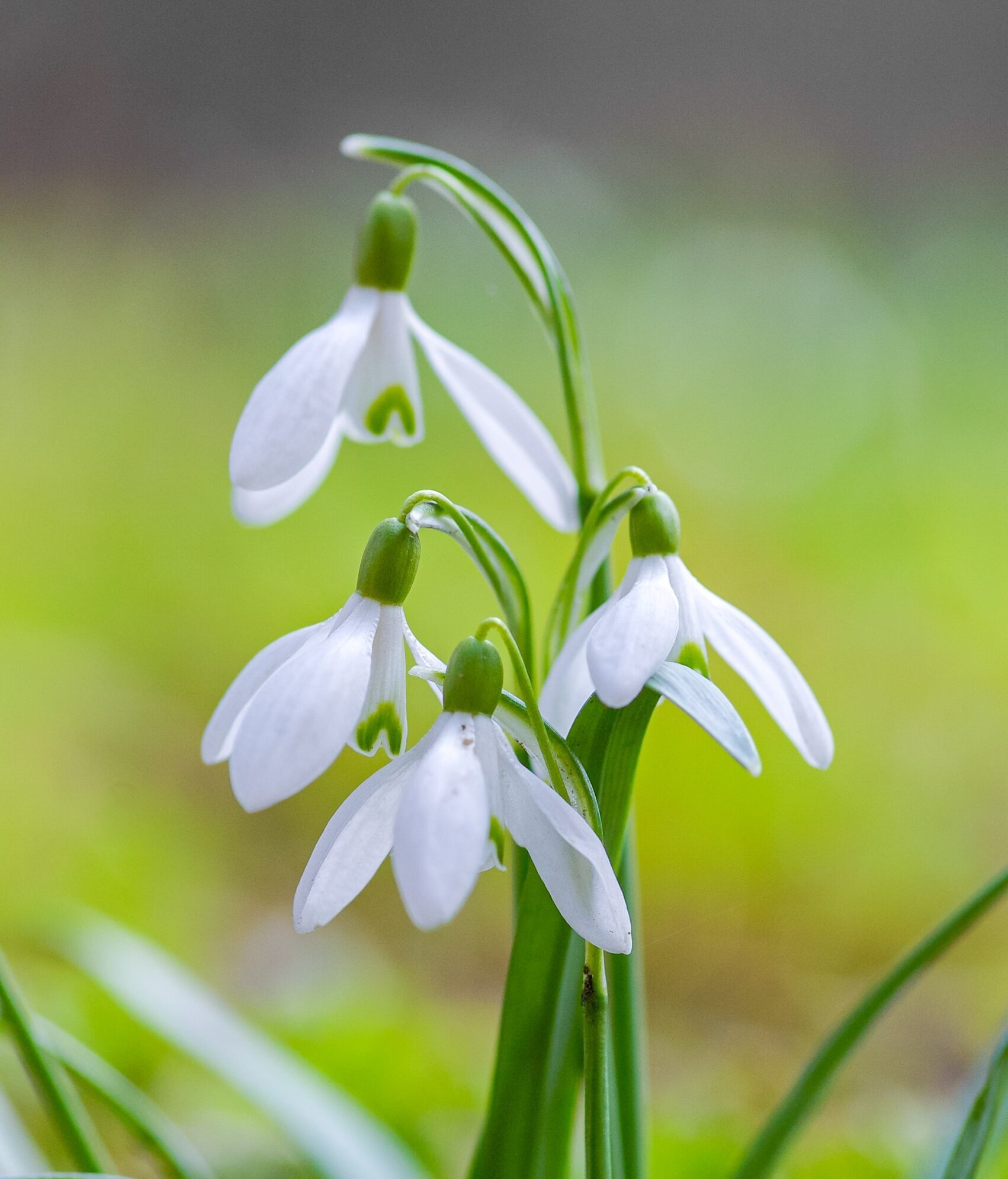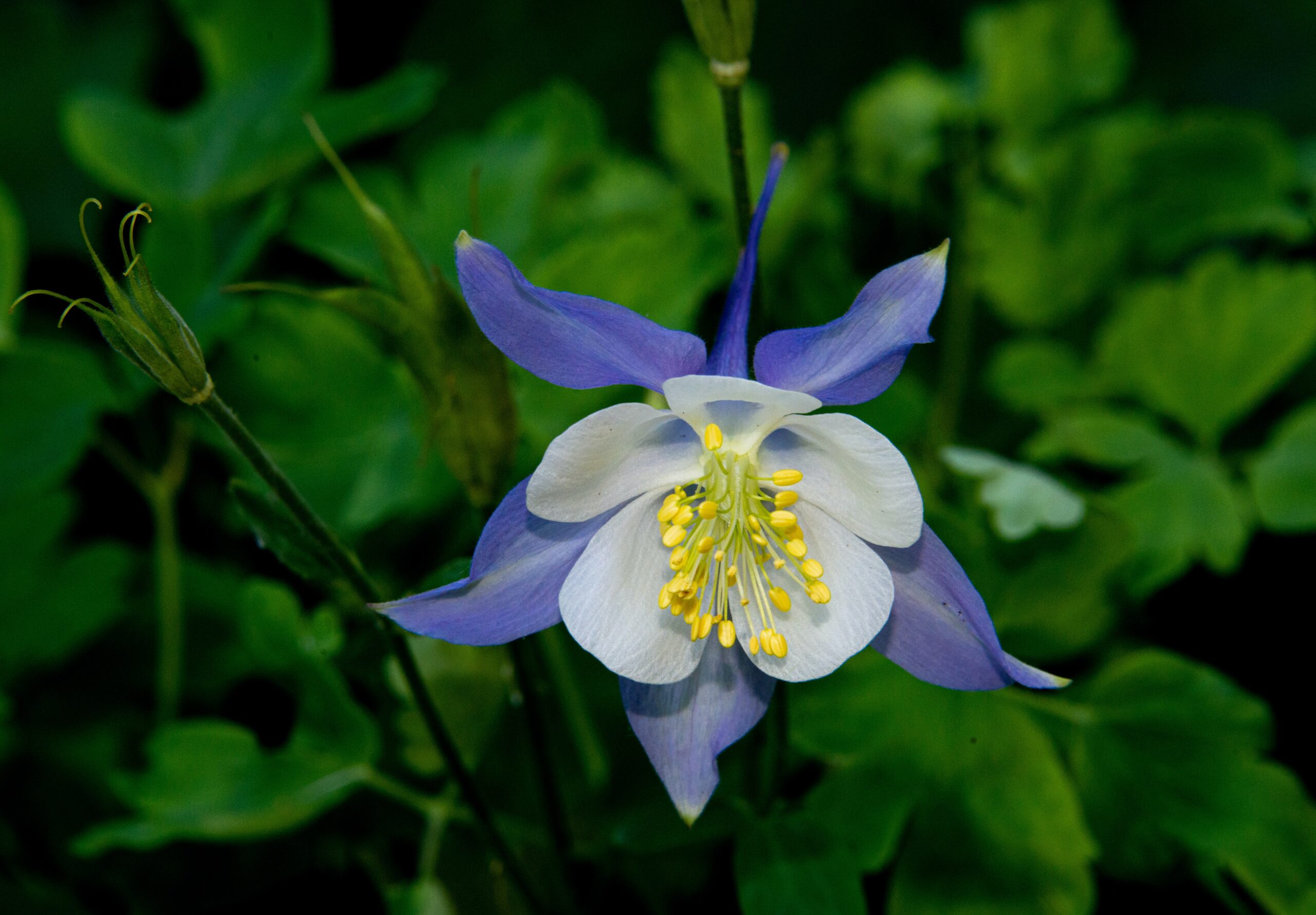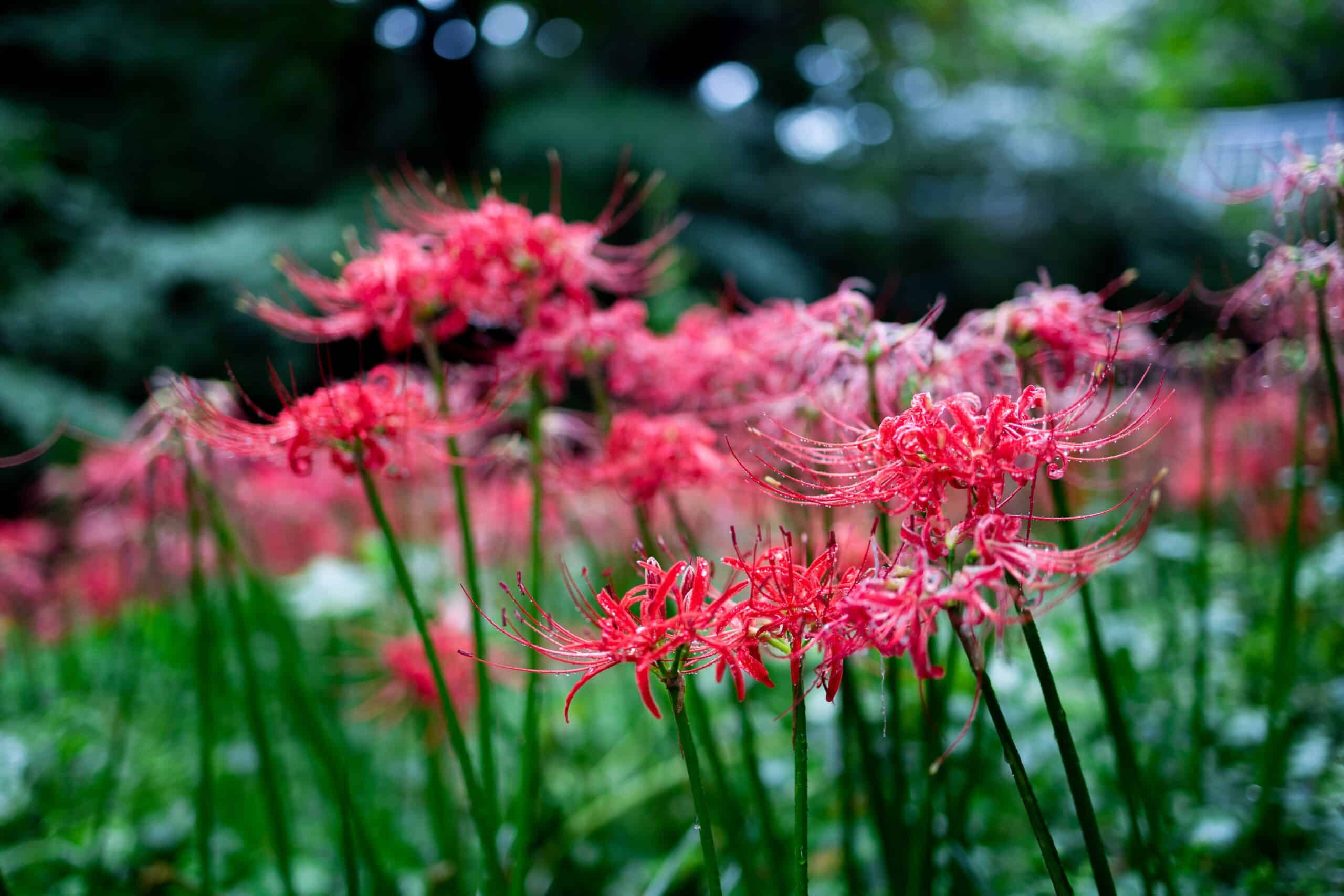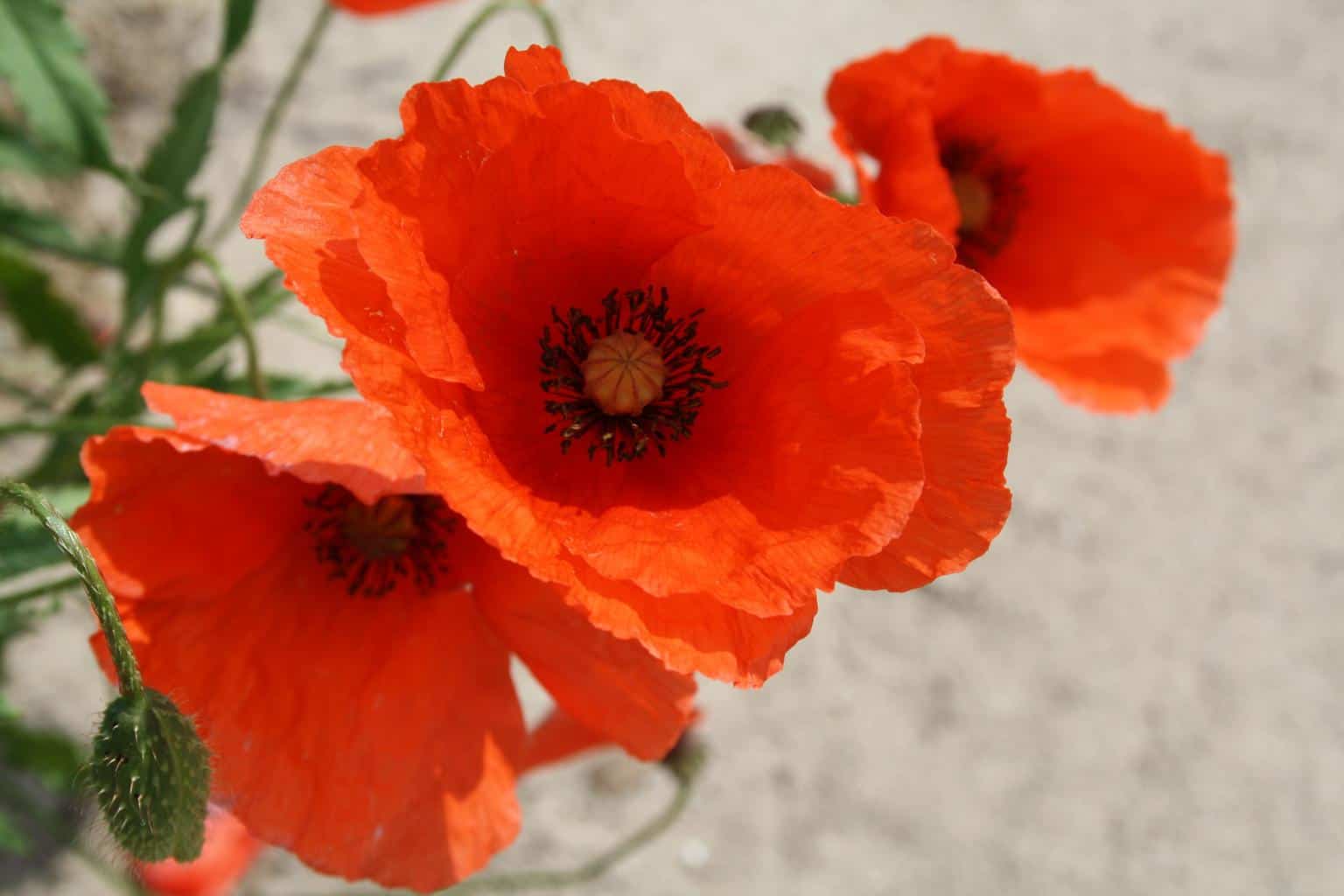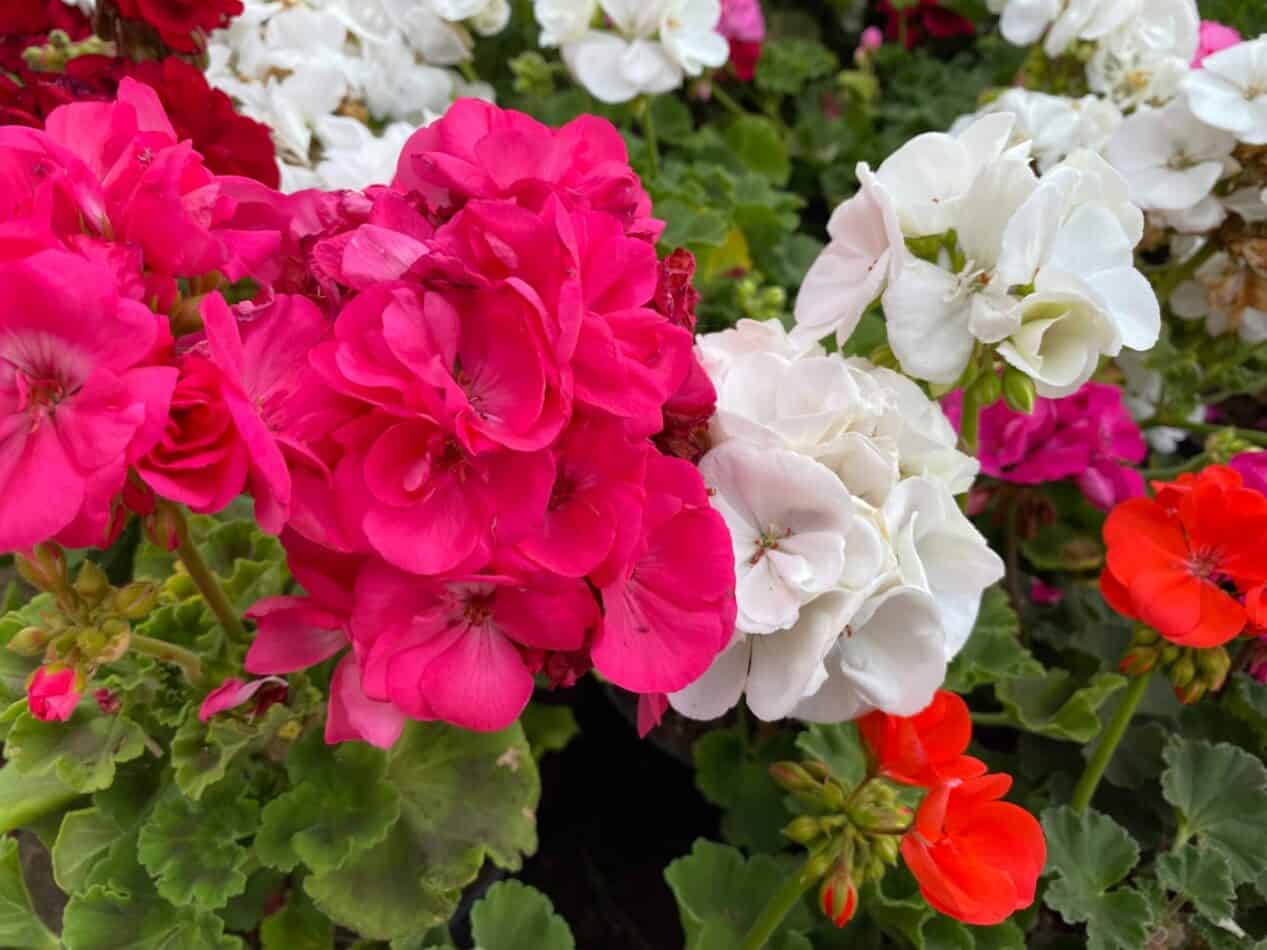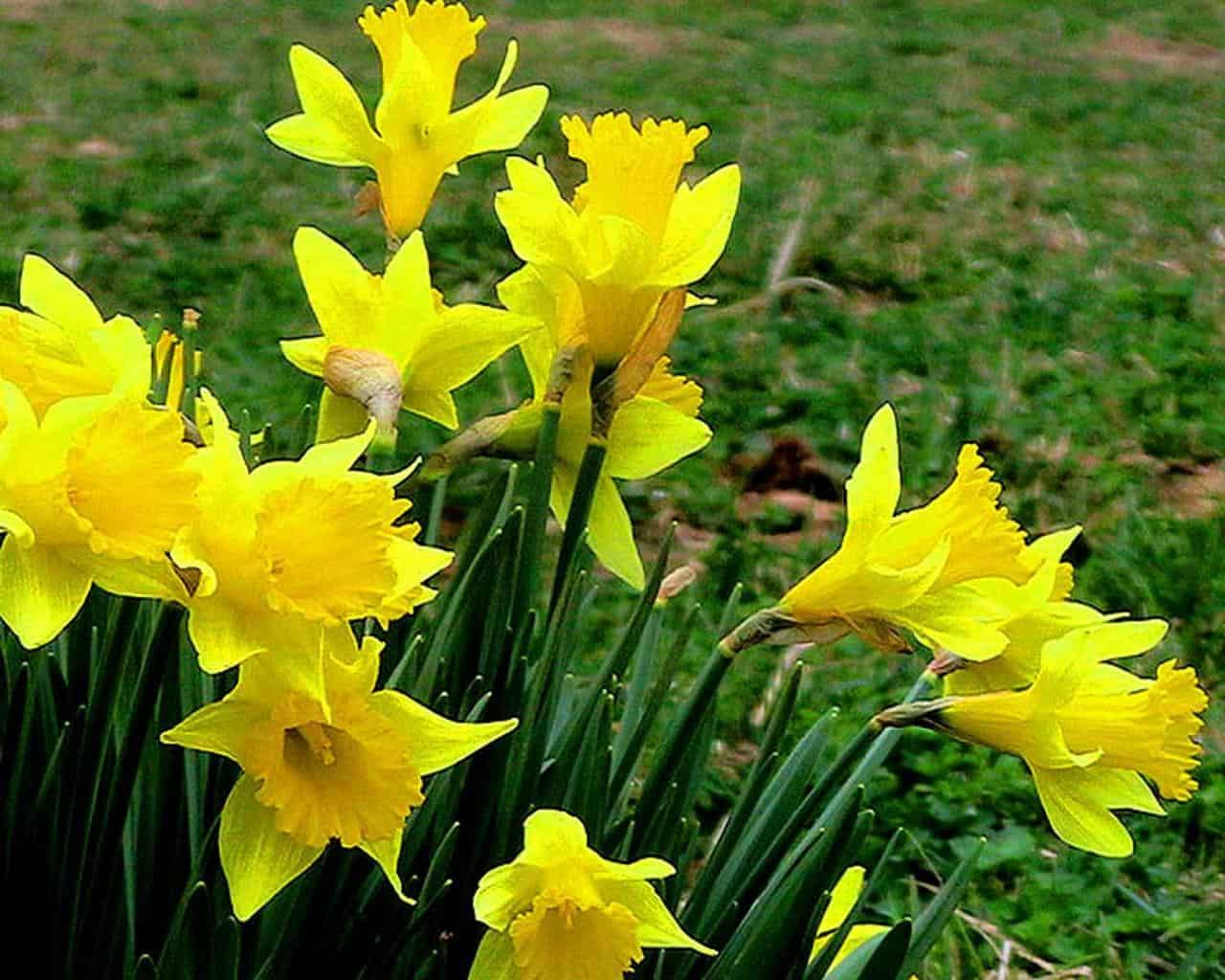If you live in a big city, contact with nature is minimal. The only substitute for this regenerative contact is to fill your life with flowers and potted plants that we can grow at home. We know from research conducted by NASA that some plants are exceptionally good at cleaning the air of toxins. It turns out that there are flowers that can positively affect mood (improving it), relieve stress, and even help fight depression. It’s a known fact that contact with nature has a soothing, healing effect on us. Unfortunately, closed in concrete cities, we can rarely afford a more extended contact with the natural world than a walk in the park. Flowers do a little more than just brighten up your room; they can also positively impact your mood. Research shows that the impact can last long after you’ve given them away. Their color, scent, or even receiving or giving flowers can make people feel happier.
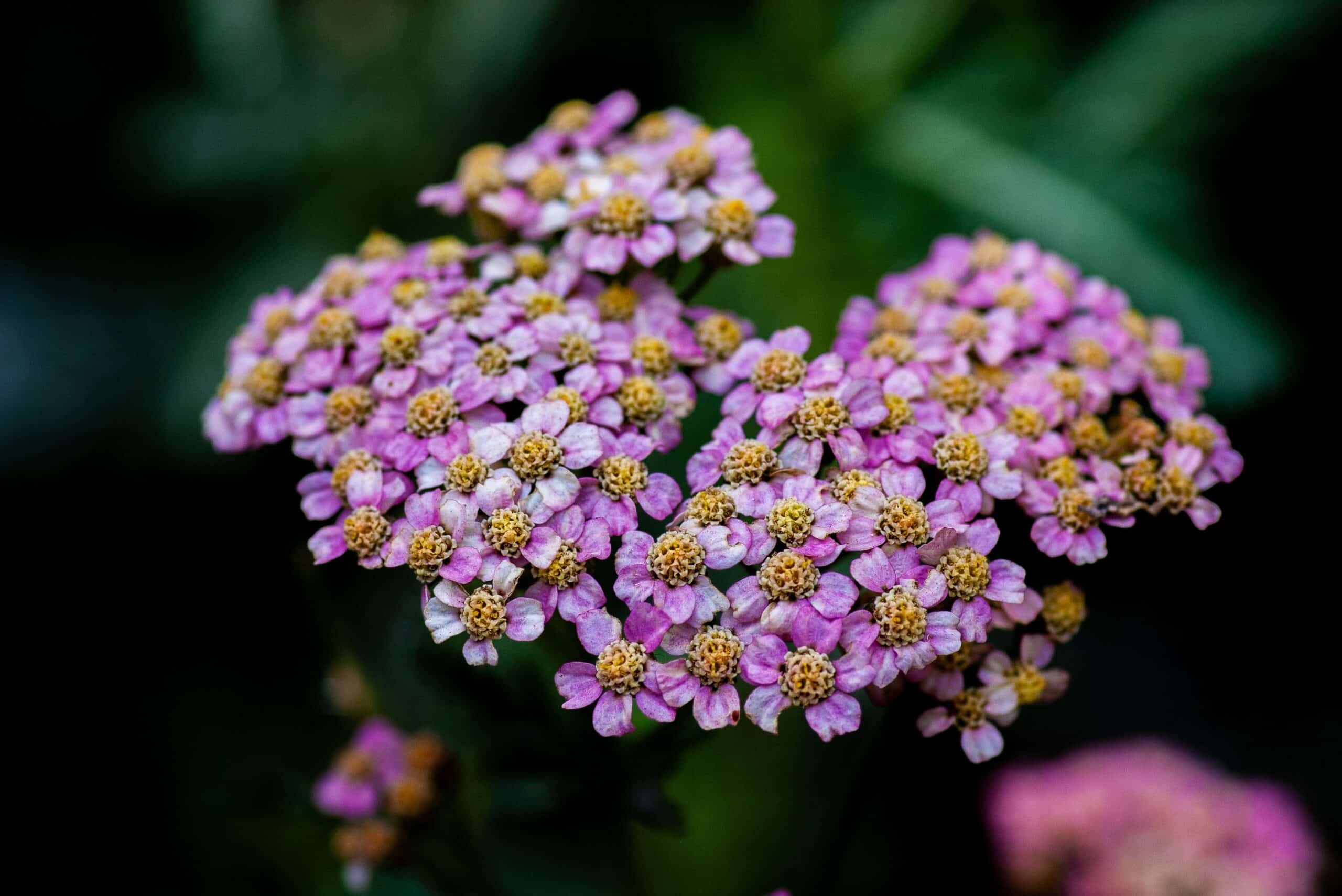
Why does direct contact with plants work so well for us?
There are several reasons.
Scientists found that flowers triggered biochemical changes in the body, which impacted happiness, helped alleviate feelings of depression, and boosted productivity and creativity. They sent flowers to a group of remote workers who were instructed to track their heart rates while arranging the flowers they received. Participants were asked to complete a survey, along with others in their household, to see if the flowers had any effect on their stress levels and productivity at home. The results were then contrasted against those from a control (no-flower) group. The study found that the “flower group” reported an increase in happiness after receiving the flowers, and the effect was more significant among those who received them during the morning. Those who received the flowers during the afternoon reported no substantial change in happiness. However, they did note increased productivity and creativity.
Many people believe there are many psychological theories about achieving your true self, which involves being whole as a person. It’s all about reconnecting with our roots; nature is where we come from.
Another reason to surround yourself with flowers is their smell. Our brain reacts to smells rapidly. Some aromas and scents (such as those emitted by plants and flowers) cause specific reactions. The scent of plants can calm us down or, on the contrary, stimulate us to action. This connection between scent and brain function is the fundamental reason why aromatherapy is so effective. We are designed to respond to plant and flower scents.
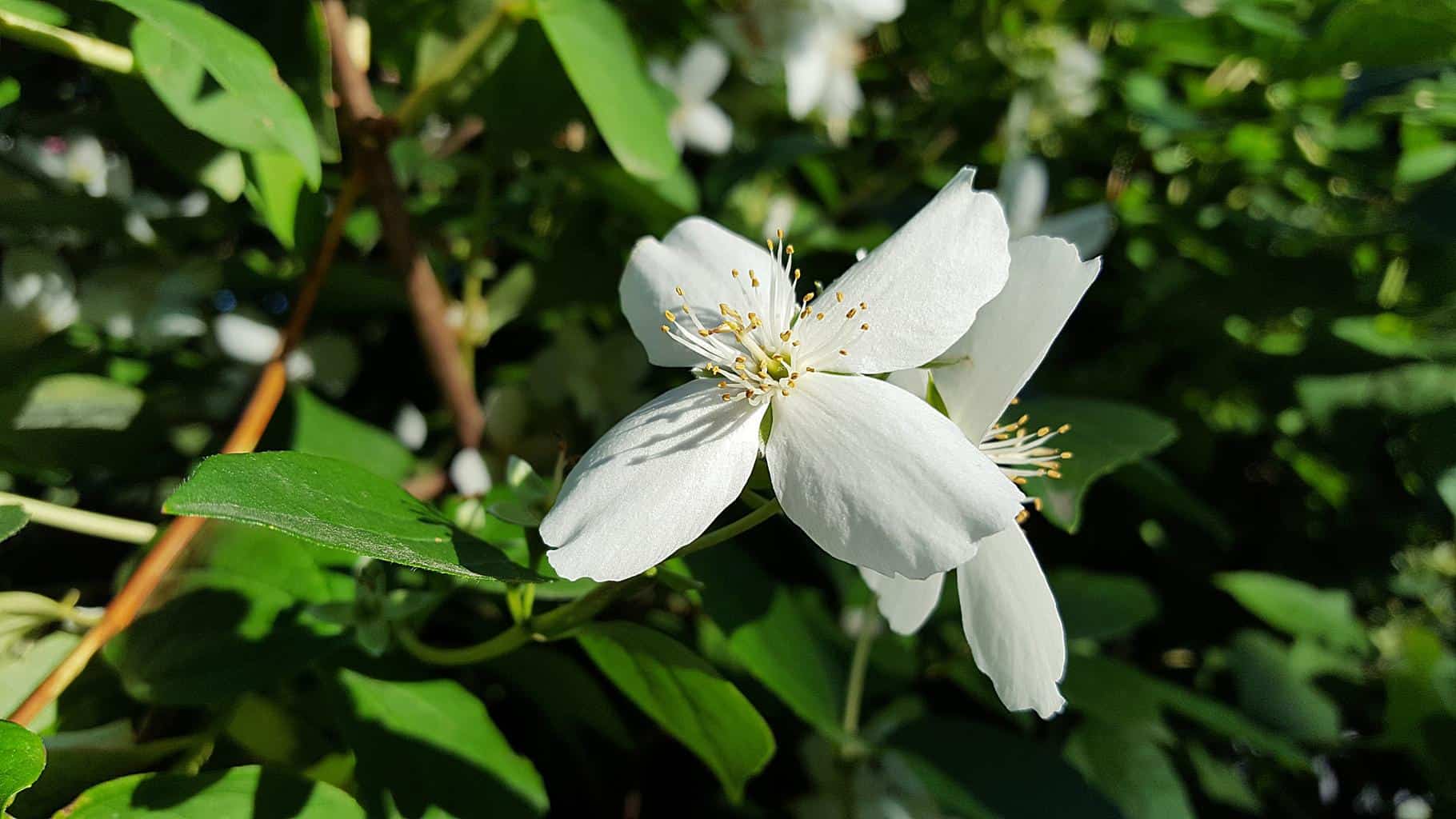 What are the best plants and flowers to boost your mood?
What are the best plants and flowers to boost your mood?
Ten flowers and plants can help you relax, improve your mood and aid a restful night’s rest. These include chamomile, rosemary, lavender, and a few more. We compiled a complete list of the flowers and plants that can help us:
Jasmine
Jasmine is often used in aromatherapy. Its scent has a soothing effect on the senses and restores a good mood. The intense aroma of jasmine stimulates brain function and helps relieve depressive states. It also helps to cure sleep disorders. The benefit of Jasmine scent are:
1. They give you energy according to Chinese medicine; jasmine helps with anxiety, insomnia, stress, and depression. Jasmine is one of the best fragrances used in perfumes. In addition to its fragrance, jasmine has been shown to be beneficial when inhaled. Researchers found that inhalation of jasmine oil reduced blood pressure in patients suffering from hypertension.
Lavender
Lavender has been proven to lower stress and anxiety levels, induce peacefulness, improve sleep and lower your heart rate and blood pressure. The scent of lavender reduces pain in animals. It may also help people who suffer from chronic pain. In a small clinical research, scientists found that people who inhaled lavender oil had lower cortisol levels than those who didn’t. This suggests that it could help relieve anxiety and depression. Lavender has also been used for centuries to treat depression. Studies show that lavender essential oils can reduce stress and promote relaxation.
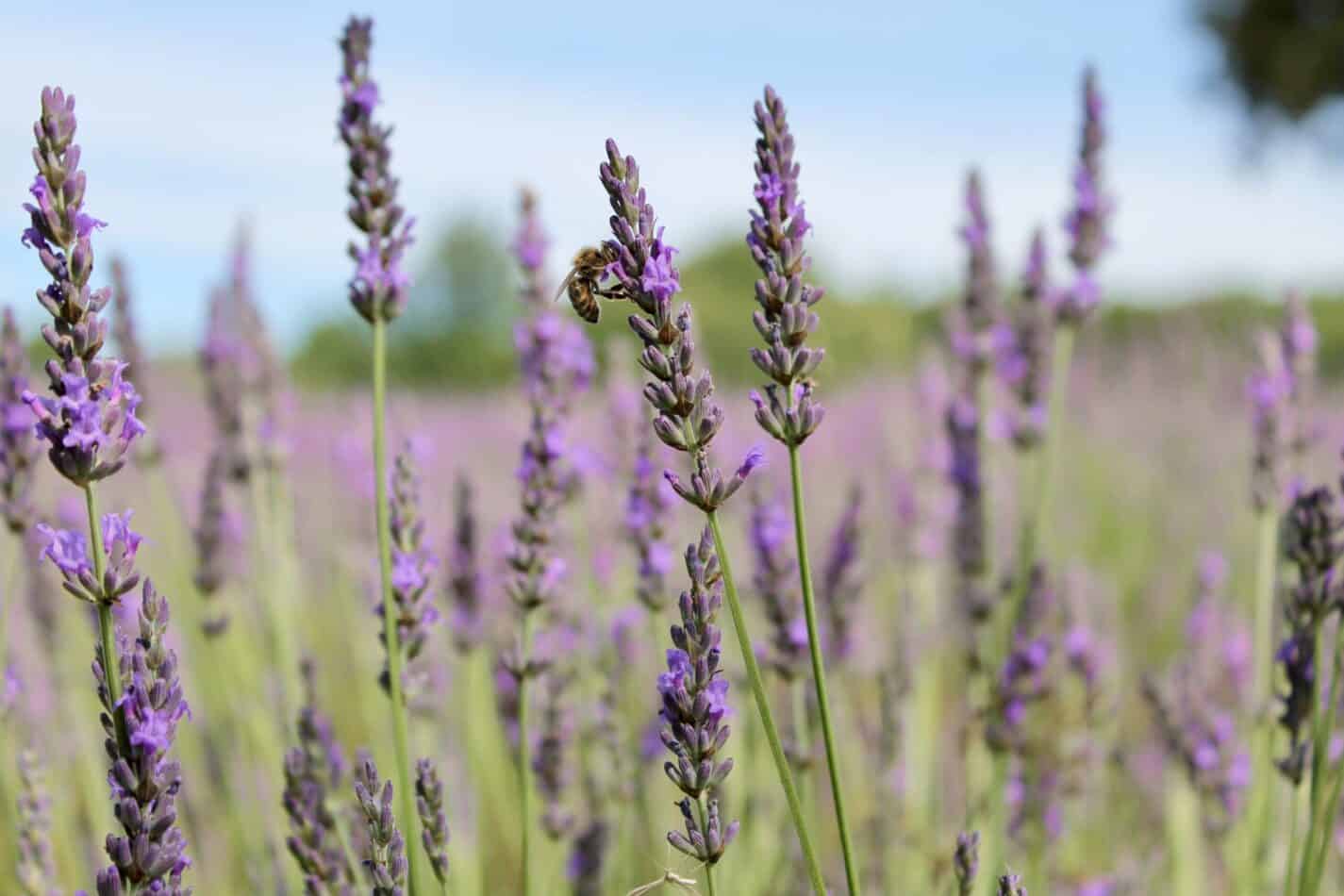
Rosemary
Rosemary is a powerful herb that is used to promote a healthy mind and body and induce sleep. It is believed to enhance memory, concentration, and focus.
Chamomile
Chamaemelum Nobile (chamomile) is a flowering plant in the daisy family native to Europe and western Asia. Chamomile tea is commonly drunk throughout the world. Chamomile is known to relieve mild stomach upset, headaches, and sleeplessness. A recent study showed that chamomile might also be helpful in reducing symptoms associated with seasonal affective disorder.
Eucalyptus
Eucalyptus globulus (eucalyptus) is a genus of trees and shrubs belonging to the Myrtaceae family. Common names for eucalyptus include white gum, silver wattle, red stringybark, ironbark, and blue box. Eucalyptus leaves contain volatile compounds called terpenes that give the tree its characteristic aroma. Eucalyptol, a significant component of eucalyptus, has antibacterial properties and is sometimes used as a natural remedy for colds and flu.
Sage
Sage is another herb that is widely used in traditional medicines. Sage is said to be helpful in calming nerves, easing pain, relieving coughs, treating respiratory infections, and stimulating digestion.
St John’s Wort
Hypericum perforatum (St. John’s wort), also known as St. John’s herb, is an annual herbaceous plant in the Hypericaceae family. It is native to southern Europe, North Africa, and southwestern Asia. St. John’s wort is well known for its medicinal use and has been used since ancient times. It was first mentioned in the Bible, where it was prescribed for wounds and skin diseases. St. John’s wort is still used to treat depression and other psychological disorders.
Valerian
Viola odorata (valerian) is a perennial herbaceous plant in the violet family growing up to 1 m tall, native to Eurasia and northern Africa. The root is used medicinally. Valerian is often recommended for nervous conditions such as insomnia, anxiety, and tension.
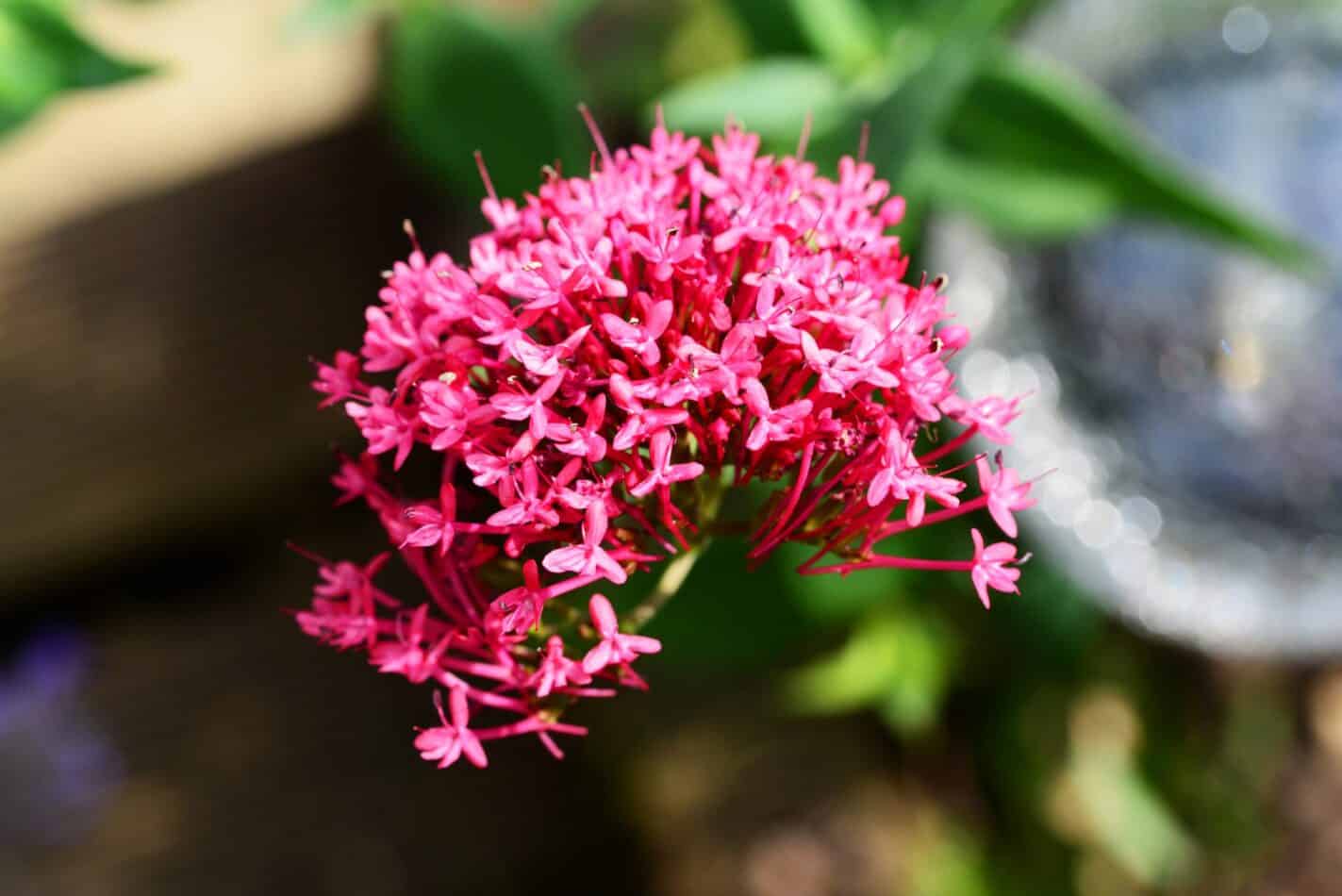 Yarrow
Yarrow
Achillea millefolium (Yarrow) is a species of flowering plant in the buttercup family Asteraceae. It is widespread across much of the temperate Northern Hemisphere. Yarrow contains chemicals that are effective against bacteria and viruses. Herbalists use it to treat cuts, bruises, burns, insect bites, stings, ulcers, sore throats, and toothaches and stop bleeding. Yarrow also has alkaloids and flavonoids that help improve mood and relieve anxiety, depression, and stress symptoms.
Chrysanthemum
Chrysanthemum tea is said to be effective in reducing stress and improving mood. In addition, it helps to increase enthusiasm, energy, and job satisfaction. The smell can help relieve anxiety and improve reaction time, increases concentration, and lowers stress.
What’s the Effect of Flowers and Plants On Your Mood?
- Flowers help reduce stress and anxiety. Flowers can be a great way to cheer up someone feeling down. Research shows that the effects of flowers can last for several days. The scent of flowers can also make you feel better.
- Flowers can inspire creativity. New ideas and problem-solving abilities are proven benefits of fresh flowers in the workplace. Consider flower arranging as an outlet for your creativity. Not only will you develop a skill, but you’ll also get a boost in mood and overall happiness.
- Reduce Anxiety
- A thoughtful bouquet can generate a sense of well-being if someone is ill or recovering at home. Blood pressure and heart rates will be lowered. You may even find yourself more relaxed.
What we love from Amazon this week
Buy these wonderful flowers directly from Amazon:





